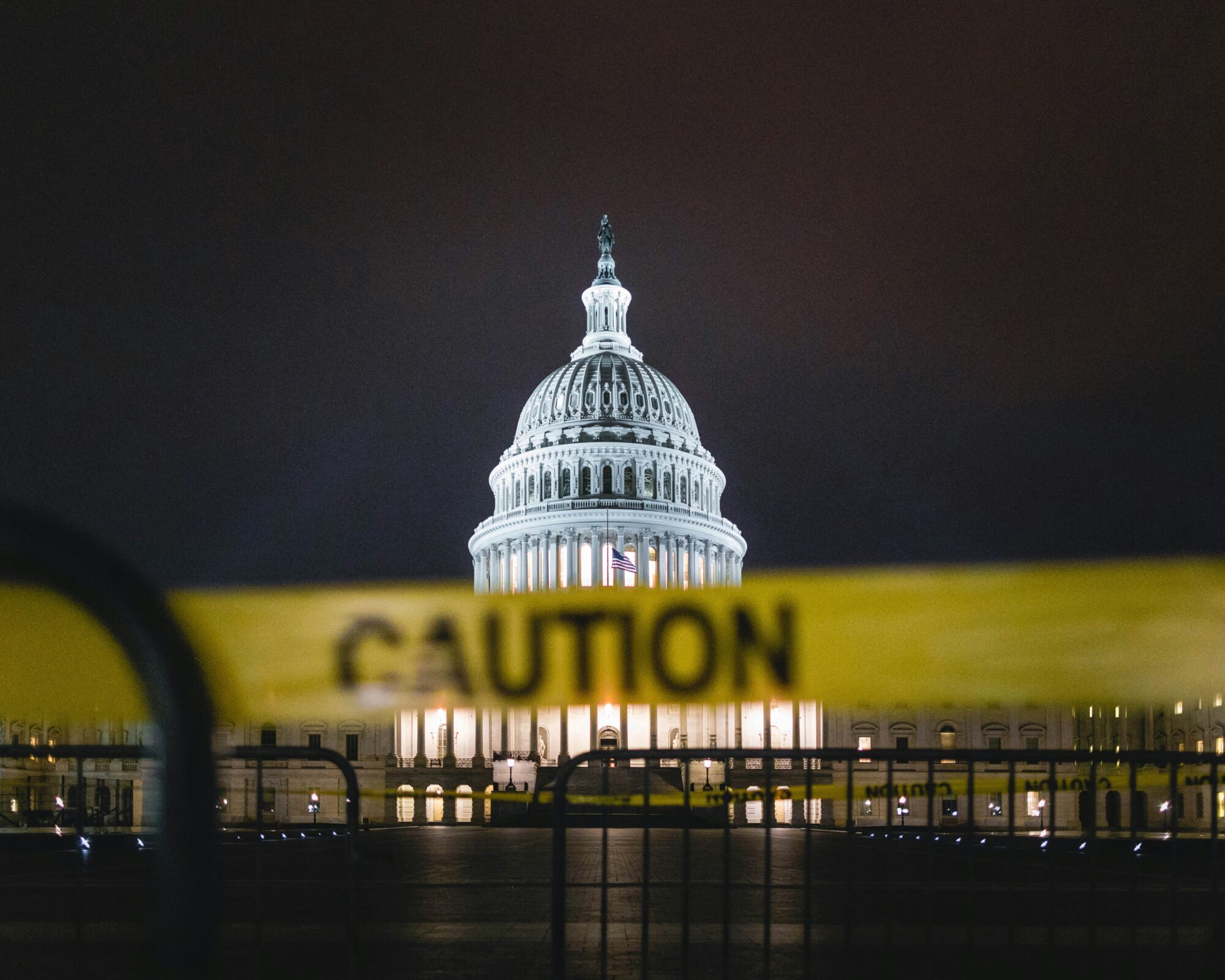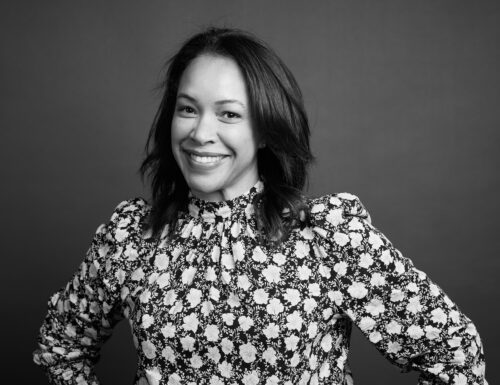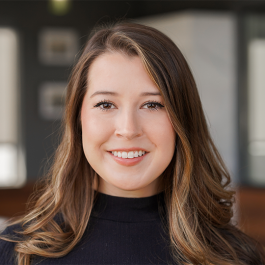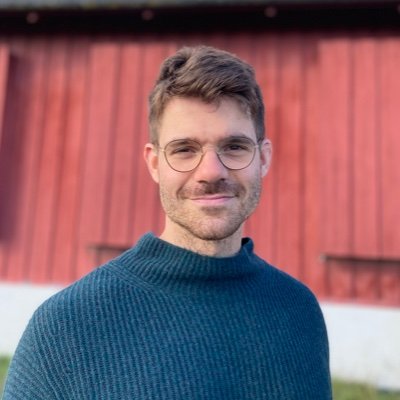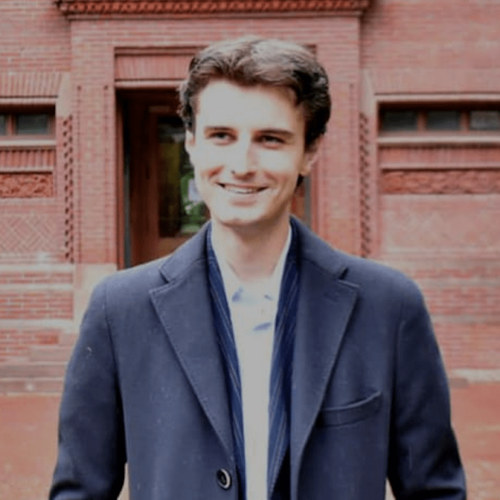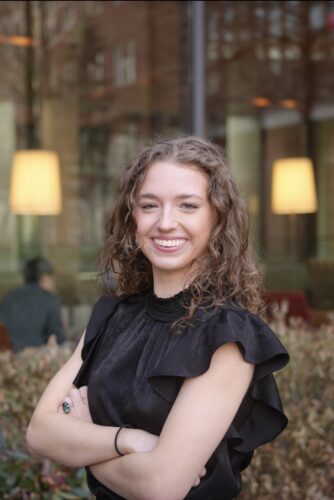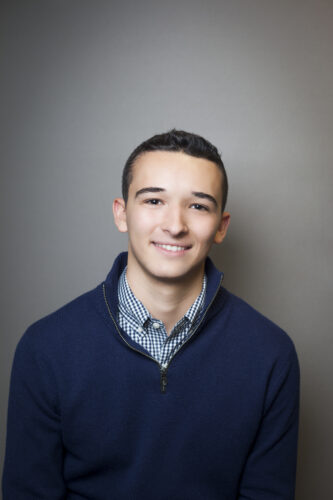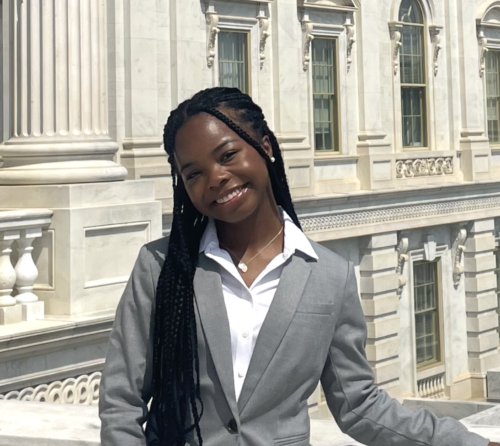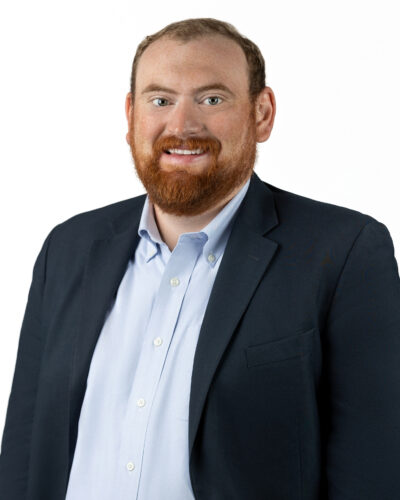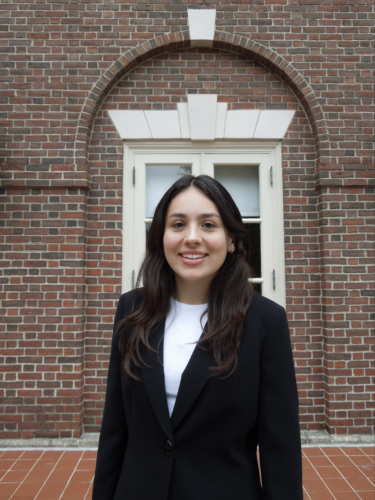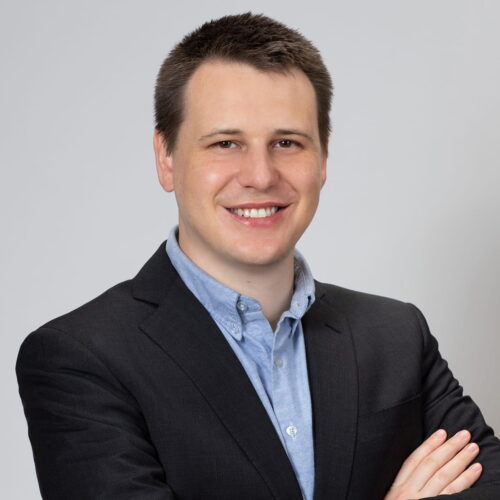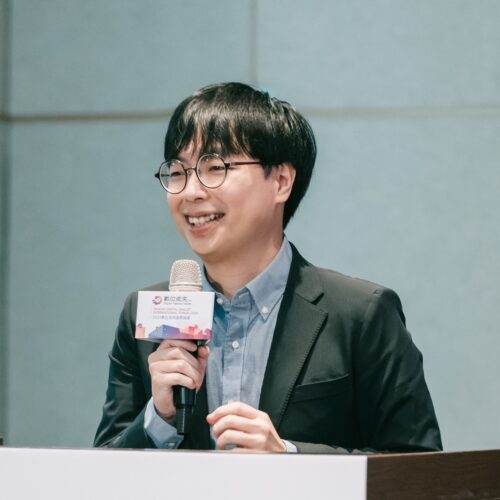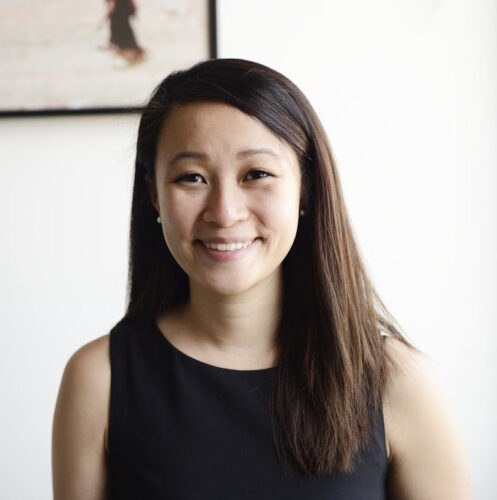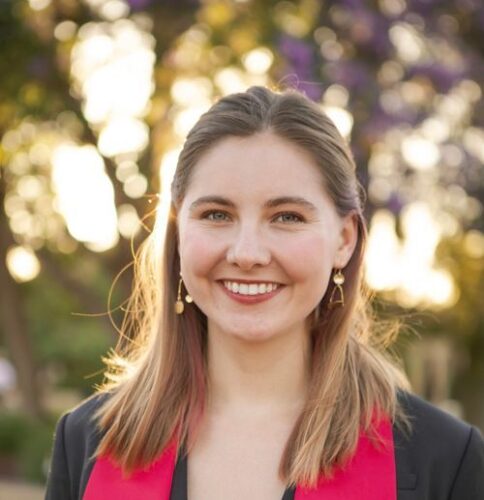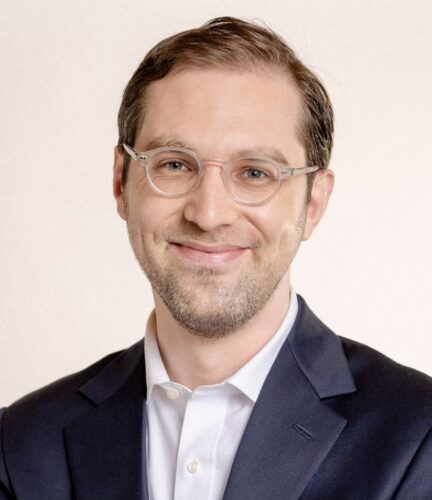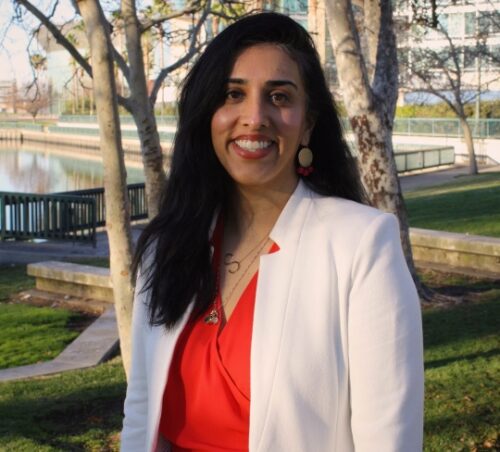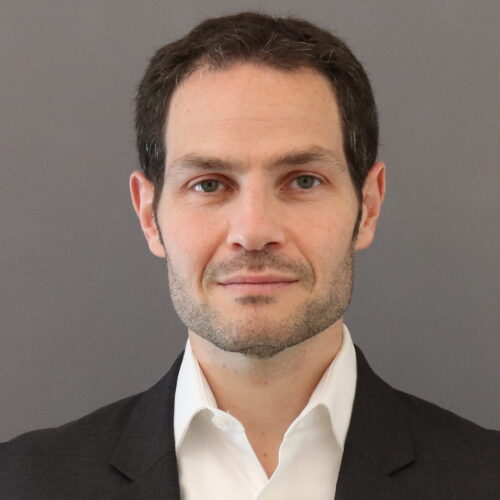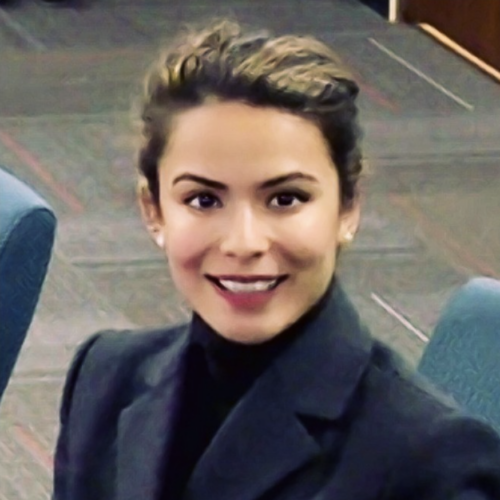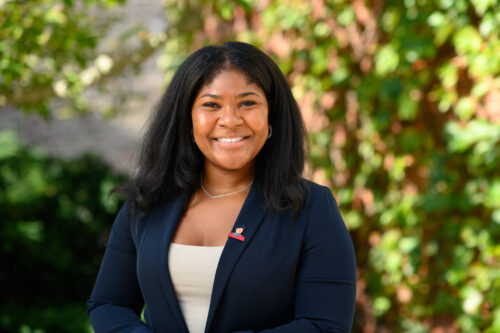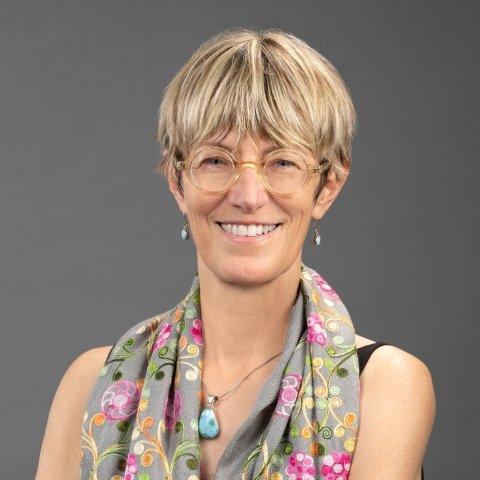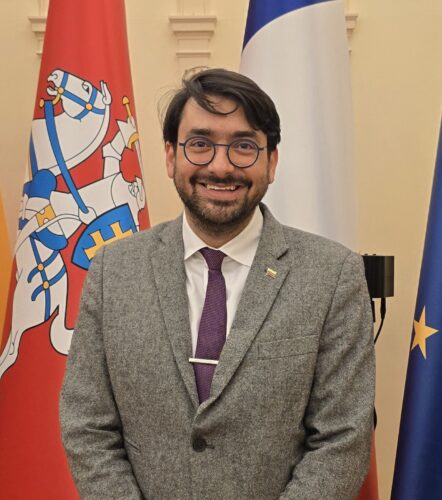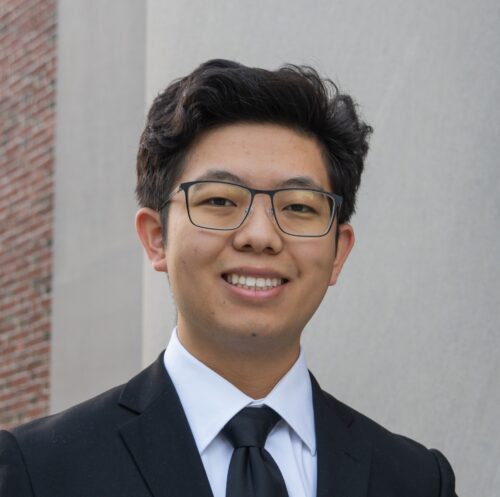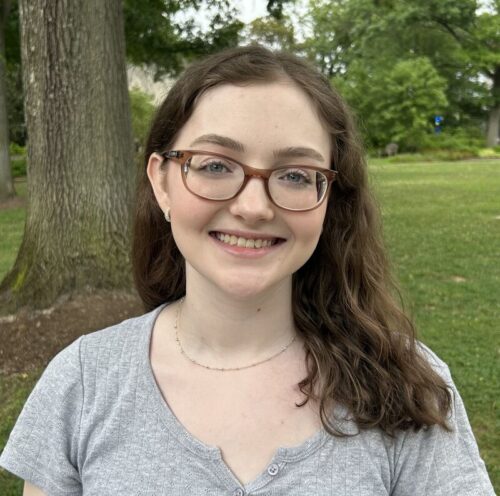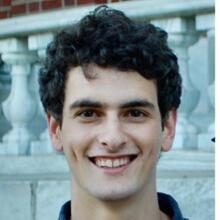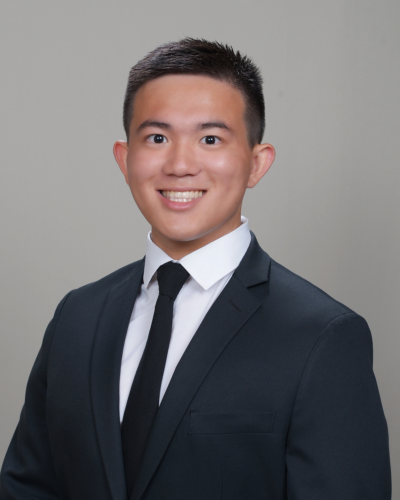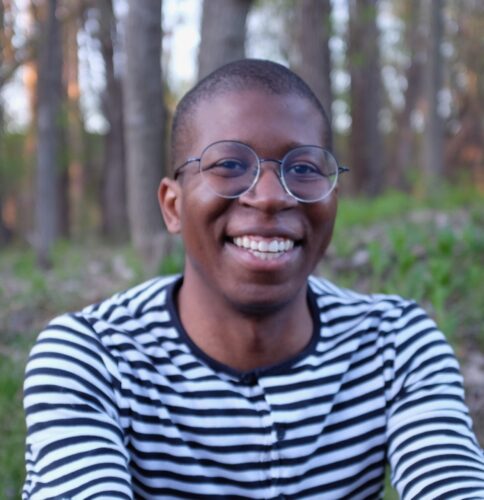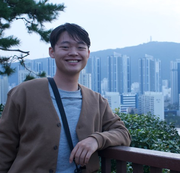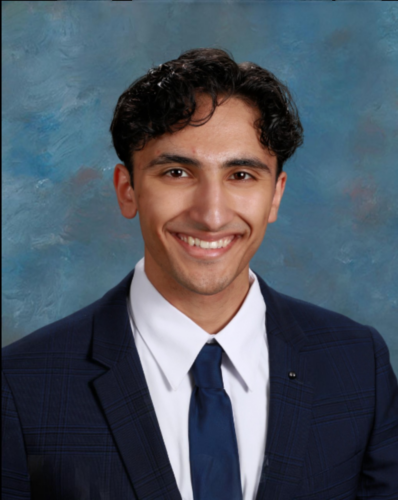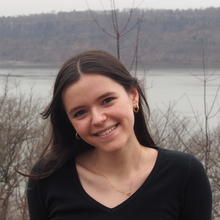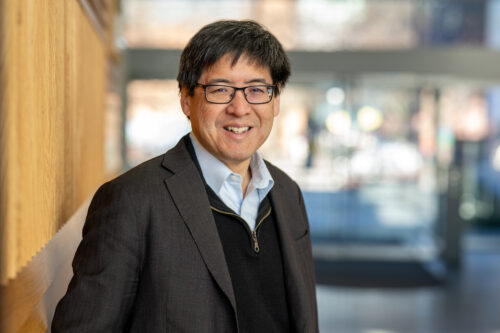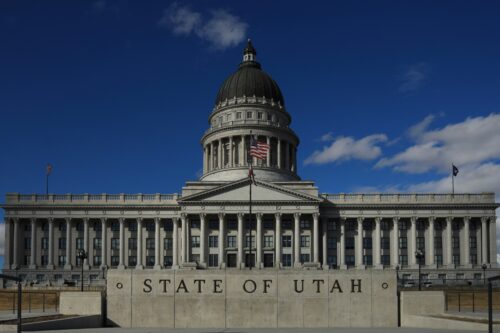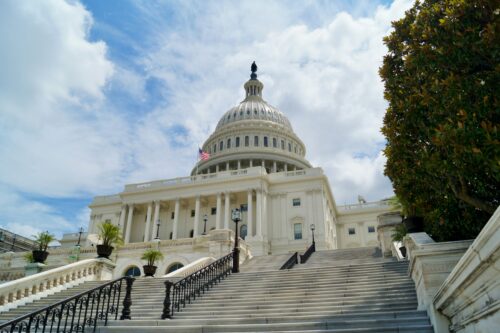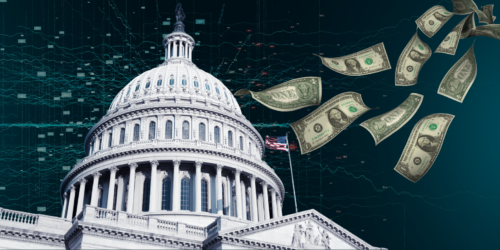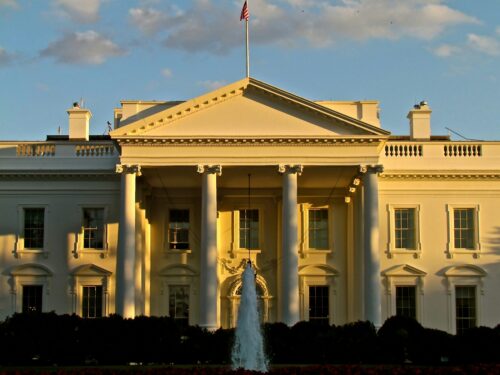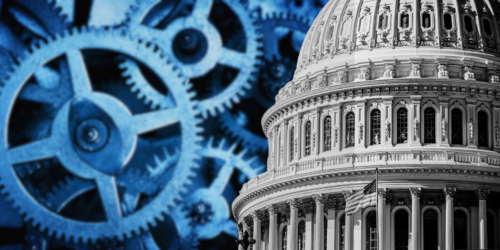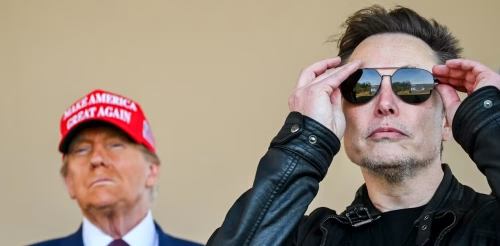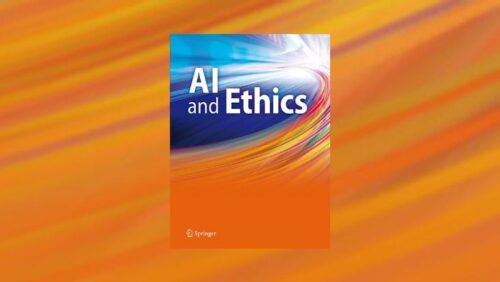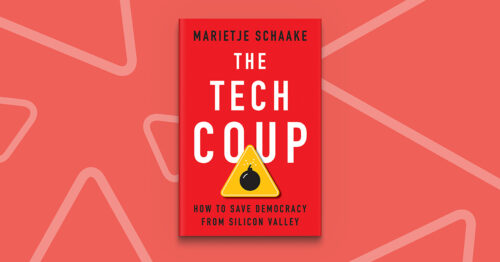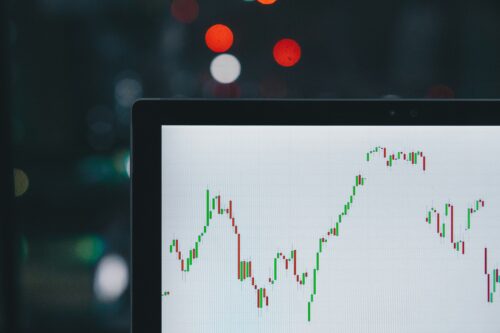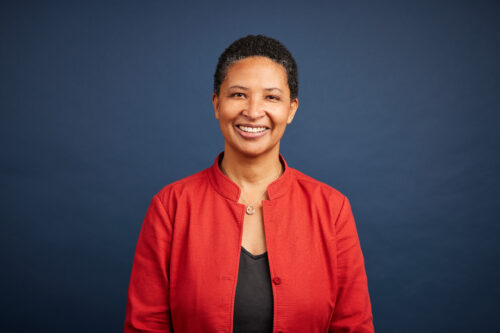
Danielle Allen
Professor of Public Policy, James Bryant Conant University Professor
Renovating constitutional democracy for the 21st century
The Allen Lab for Democracy Renovation works to ensure that public policies, political institutions, and the technologies that support them are designed and judged by how well they strengthen constitutional democracy—expanding freedom and political equality, building fully inclusive institutions, and widening avenues for participation and connection, all rooted in the conditions people need to flourish.
Too often, democracy is treated as a stand-alone policy domain rather than a standard shaping all policymaking; the Lab works to change this by developing new democracy-supporting frameworks and standards, grounded in the field-defining scholarship of Danielle Allen. We advance this work through research, teaching, field-building, proof-of-concept pilots, professional training, network-building, and the promotion of exemplary policy solutions that equip decisionmakers to deliver responsive representation and effective governance for large, complex, digitally powered societies.
Professor of Public Policy, James Bryant Conant University Professor
Executive Assistant to Danielle Allen
PhD, Senior Lab Director
Associate Director for Technology & Democracy
Coordinator, Allen Lab for Democracy Renovation
Lab Affiliate; Assoc. Professor, UCSF Law School
Doctoral Student, Harvard Government Department
Harvard College
Researcher, Harvard College
Doctoral Student, Harvard Government Department
Harvard College
Non-Resident Senior Fellow, Allen Lab for Democracy Renovation
July 2024-June 2026
Policy Fellow, AY2025-2026
Researcher, Harvard College
Doctoral Student, Harvard Government Department
Non-resident Policy Fellow, AY2025-2026
Policy Fellow, AY2025-2026
Researcher;
Doctoral Student, Harvard Government Department
Policy Fellow, AY2025-2026
Policy Fellow, AY2025-2026
Policy Fellow, AY2025-2026
Policy Fellow, AY2025-2026
Lab Affiliate; Executive Director, Berkman Klein Center
Doctoral Student, Harvard Government Department
Research Fellow, AY2025-2026
Senior Fellow, Allen Lab for Democracy Renovation;
Co-Director and Co-Investigator, GETTING-Plurality Research Network
Feb. 2024-Jan. 2026
Non-resident Policy Fellow, AY2025-2026
Harvard College
Researcher, Harvard College
Researcher, Harvard College
Researcher, Harvard College
Researcher, Harvard College
Researcher, Harvard College
Principal Investigator;
Post-Doctoral Fellow, Columbia University
Researcher, Harvard College
Professor, Santa Fe Institute
Researcher, Harvard College
Researcher, Harvard College
Researcher;
Master in Urban Planning Candidate, Harvard Graduate School of Design
PhD; Fulbright Alumnus
EthicAI and Former Visiting Fellow, Allen Lab for Democracy Renovation
Allen Lab Policy Fellow AY 2023-2025
Policy Fellow, AY2025-2026
Communications, Harvard College
In-Person Event
Ash Center Seminar Room 225, Suite 200, 124 Mount Auburn Street
1:30 pm – 2:30 pm EDT
Additional Resource
The bipartisan Utah Digital Choice Act aims to reform the social media ecosystem by giving users more choice and ownership over their personal data, while encouraging platform innovation and competition.
Policy Brief
The GETTING-Plurality Research Network submitted a public comment on the Development of a 2025 National Artificial Intelligence Research and Development Strategic Plan.
Policy Brief
The GETTING-Plurality Research Network submitted a comment to Representative Trahan’s Request for Information to modernize the Privacy Act of 1974.
Commentary
Allen Lab for Democracy Renovation Fellow Dr. Shlomit Wagman lays out a framework to address the threats artificial intelligence poses to global security and democratic institutions.
Additional Resource
In a recent piece for Tech Policy Press, Allen Lab Senior Fellow Alex Pascal and Nathan Sanders outline how US states are well-positioned to lead the development of Public AI. State governments can act as “laboratories of twenty-first century democracy” to experiment with AI applications that directly benefit citizens.
Additional Resource
Over the past several weeks, the Department of Government Efficiency (DOGE) within the Trump Administration has been embedding staff in a range of United States federal agencies. These staff have gained access to data maintained by the federal government. This guide explains what is in the data, what DOGE is doing with it, and why it matters to all Americans.
Policy Brief
The GETTING-Plurality Research Network submitted a public comment on the White House Office of Science and Technology Policy Request for Information on the Development of an Artificial Intelligence Action Plan.
Commentary
At a conference earlier this month, Professor Danielle Allen argued that what we are seeing with DOGE is the real time implementation of an extreme ideological vision of the role that technology and a small cohort of its wealthiest leaders should have in the world.
Commentary
Alison Stanger argues that the question facing Americans isn’t whether government needs modernization – it’s whether they’re willing to sacrifice democracy in pursuit of Musk’s version of efficiency.
Open Access Resource
This paper aims to provide a roadmap for governing AI. In contrast to the reigning paradigms, we argue that AI governance should be not merely a reactive, punitive, status-quo-defending enterprise, but rather the expression of an expansive, proactive vision for technology—to advance human flourishing.
Video
The Ash Center hosted an online book talk with author Marietje Schaake and discussant Bruce Schneier on Schaake’s latest work, The Tech Coup: How to Save Democracy from Silicon Valley. The discussion was moderated by Danielle Allen, James Bryant Conant University Professor and Director of the Allen Lab for Democracy Renovation.
Additional Resource
The year 2024 was dubbed “the largest election year in global history” with half the world’s population voting in national elections. Earlier this year, we hosted an event on AI and the 2024 Elections where scholars spoke about the potential influence of artificial intelligence on the election cycle– from misinformation to threats on election infrastructure. This webinar offered a reflection and exploration of the impacts of technology on the 2024 election landscape.
Earlier this year, the Allen Lab for Democracy Renovation hosted a convening on the Political Economy of AI. This collection of essays from leading scholars and experts raise critical questions surrounding power, governance, and democracy as they consider how technology can better serve the public interest.
Additional Resource
As a part of the Allen Lab’s Political Economy of AI Essay Collection, David Gray Widder and Mar Hicks draw on the history of tech hype cycles to warn against the harmful effects of the current generative AI bubble.
Additional Resource
As a part of the Allen Lab’s Political Economy of AI Essay Collection, Emily S Lin and Marshall Ganz call on us to reckon with how humans create, exercise, and structure power, in hopes of meeting our current technological moment in a way that aligns with our values.
